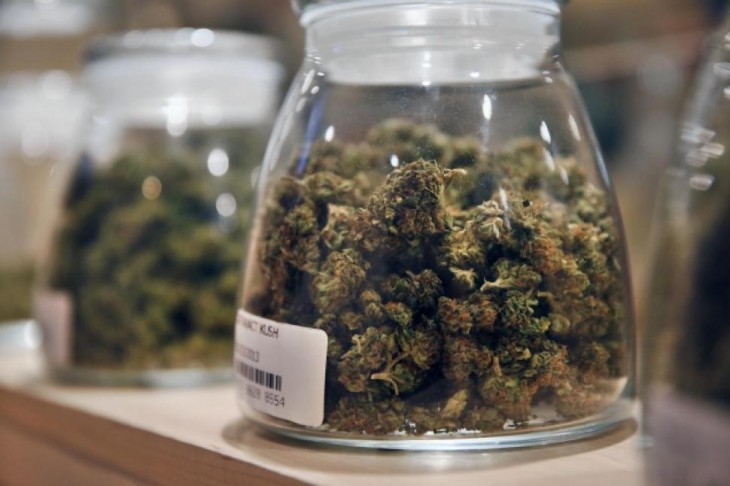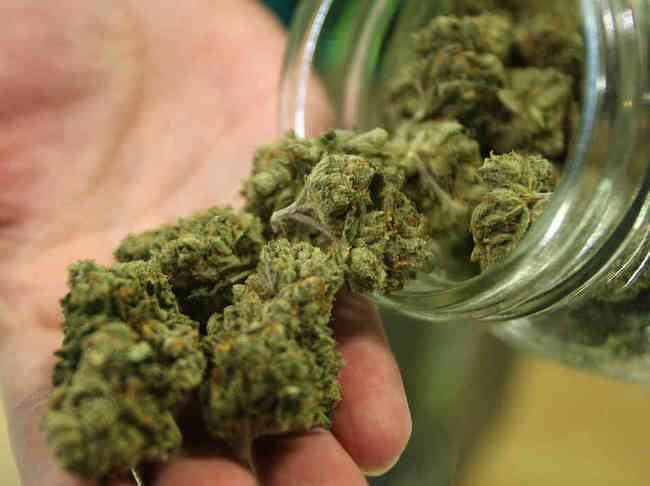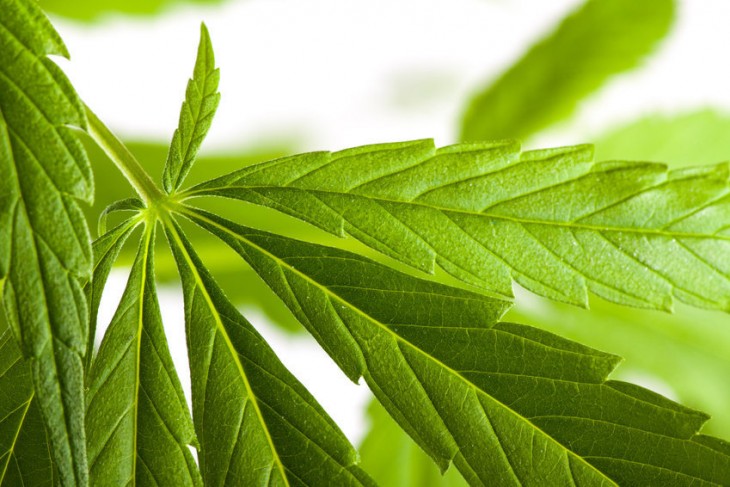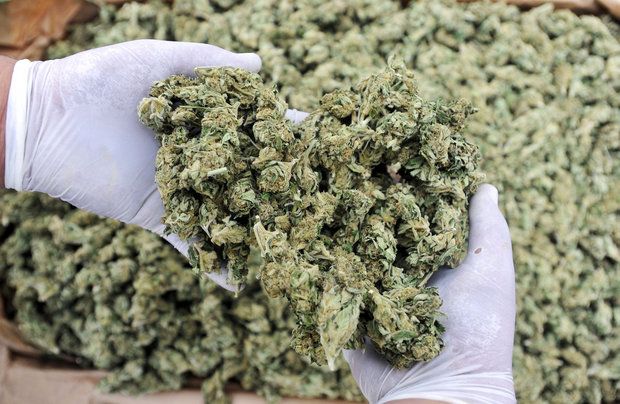Advocates of Michigan launched a 2018 Ballot Drive on Friday. Due to this, the ninth state to legalize marijuana as a recreational drug would be Michigan and it would be the first one in the entire Midwest too.
This initiative is backed by a national lobbying organization and state-based advocacy groups. This means that the move has a financial backing and there would be coordination to gather about 252,000 voter signatures that are valid, which is needed to qualify for a vote that is going to be statewide.
This coalition that wants to regulate weed like alcohol is saying that tax collections would get boosted and the industry would be tremendously helped and money would be saved as there would be no spending on imprisoning and prosecuting people for crimes related to marijuana.
The petition language was submitted by the ballot committee on Friday. They plan to begin the collection of signatures as soon as the Board of State Canvassers puts the approval on their petition form.
The measure suggested states that people who are 21 and over are permitted to have about 2.5 ounces of weed and can grow cannabis plants (maximum 12) in their own residence. Driving under influence and public consumption of the drug would still be illegal. A tax of about 10 percent would be levied on marijuana and about 6 percent sales tax would also be levied.
The people who are backing this proposed law said that this law would be able to generate millions of tax revenue dollars on an annual basis and would also complement the newly set up medical marijuana laws in the state, which were made legal in 2008 by the Michigan voters. About 70 percent of this revenue would be split between road construction and K-12 school projects. The municipalities and affective counties that authorize businesses of marijuana would be getting about 15 percent.
Licensed marijuana businesses would be in five categories. Those categories are transporters, testing facilities, processors, cultivators, and retailers.
Small business owners that can grow about 150 plants will get a special license and they can sell by processing and packaging the weed directly to the customers. Production of industrial hemp would also end up being legalized.
According to the polls on the national level, the legalization of weed is supported by a solid majority. The latest survey by Gallup had a support of 60 percent, which is up from 12 percent when this question was earlier asked in 1969.









